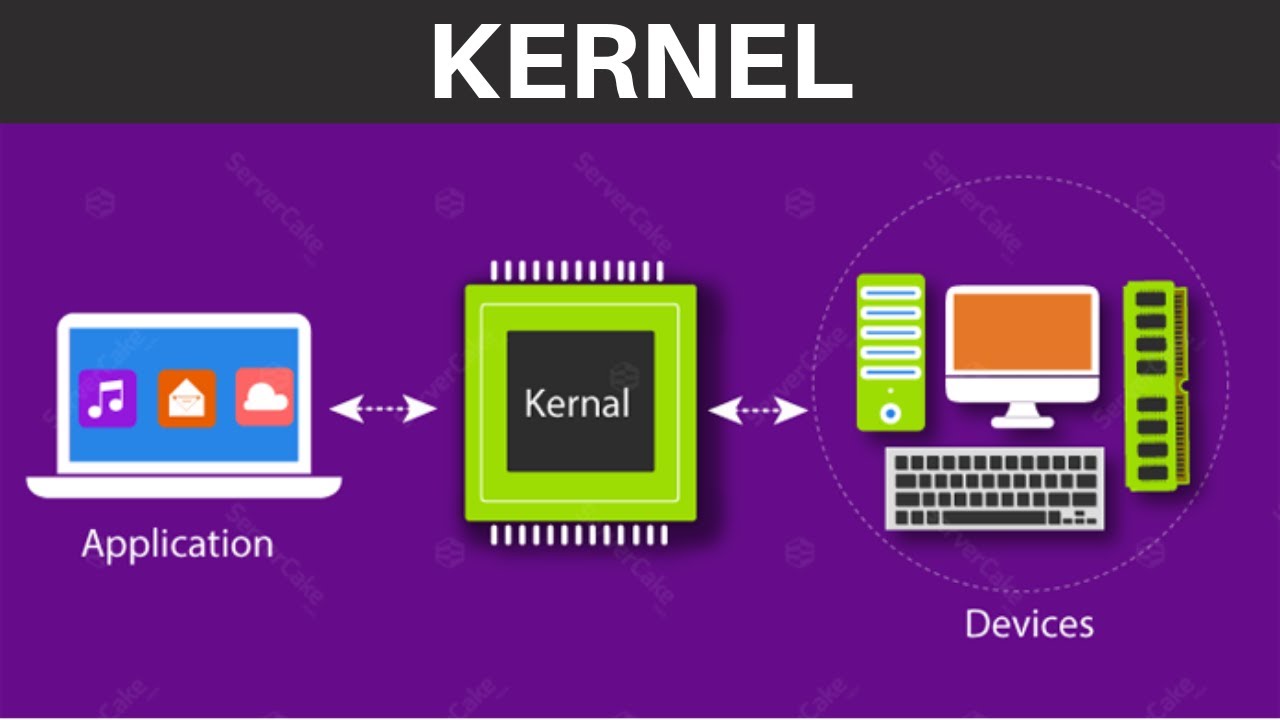A Kernel is a computer program that is the heart and core of an Operating System. Since the Operating System has control over the system so, the Kernel also has control over everything in the system. It is the most important part of an Operating System. Whenever a system starts, the Kernel is the first program that is loaded after the bootloader because the Kernel has to handle the rest of the thing of the system for the Operating System. The Kernel remains in the memory until the Operating System is shut-down.
The Kernel is responsible for low-level tasks such as disk management, memory management, task management, etc. It provides an interface between the user and the hardware components of the system. When a process makes a request to the Kernel, then it is called System Call.
A Kernel is provided with a protected Kernel Space which is a separate area of memory and this area is not accessible by other application programs. So, the code of the Kernel is loaded into this protected Kernel Space. Apart from this, the memory used by other applications is called the User Space. As these are two different spaces in the memory, so communication between them is a bit slower.
Functions of a Kernel
Following are the functions of a Kernel:
Access Computer resource: A Kernel can access various computer resources like the CPU, I/O devices and other resources. It acts as a bridge between the user and the resources of the system.
Resource Management: It is the duty of a Kernel to share the resources between various process in such a way that there is uniform access to the resources by every process.
Memory Management: Every process needs some memory space. So, memory must be allocated and deallocated for its execution. All these memory management is done by a Kernel.
Device Management: The peripheral devices connected in the system are used by the processes. So, the allocation of these devices is managed by the Kernel.
